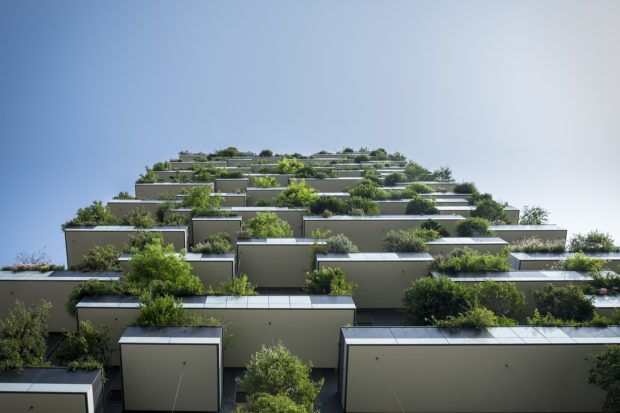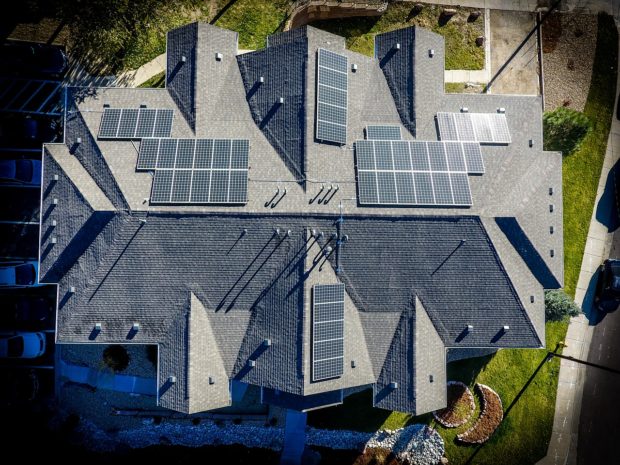With more than half of the year already behind us, this is a great time to turn around and see what kind of stuff has been making waves on our current calendar. Building design, just like a bunch of other areas of life, has its own waxing and waning phases, with different ideas coming up as dominant, and other getting repressed.
So what has been dominating 2019 so far? We took some time to go and talk to our insiders from Superdraft in Sydney. These design pros kept a close eye on architectural fashion for us, and here is what they noticed about “the big patterns”.
Eco-friendly and environmentally aware design trends
Everything is going green these days, and architecture has not escaped the current. However, this refers to way more than just aesthetics, and way more than just making some aspects of life more sustainable.
See, environmentally friendly design seeks to make a more seamless blend between nature and construction. Designers are increasingly making living plants an integral element of their projects.

This is affecting both the residential and commercial aspects of the business, and so things like vertical gardens, rooftop greenhouses, and living trees smack in the middle of homes are rapidly spreading around.
Sustainable building philosophies
Sustainable architecture is not really inventing the wheel, but it is going strong this year. To put it in simple English, proponents of this school of thought are looking for ways to make construction projects have less of an impact on their immediate and extended surroundings.

A majorly popular method of achieving this is increasing the overall reliance on recycled or all-natural building materials. Another is to boost the efficiency of energy consumption on building level, and employing various technological solutions (such as harvesting the energy of renewable resources) to conserve that efficiency even in energy-taxing scenarios.
Solar power roof shingles
Solar panels are already being left behind, when it comes to commercial and especially residential architecture. They are great for large scale industrial or military use, but when you scale it down to an average household, the heir to this solution is already known: solar roof shingles, aka solar tiles. Click here to learn more about what they are and how they work.
So far, 2019 has been all about boosting sustainability and making innovation actually applicable, and this particular trend has it both. Solar shingles can save you tons of money, meaning they are quick to pay themselves off, so it is definitely an investment worth considering.
One big selling point with this kind of design is the curb appeal – these solar power harvesters blend in nearly seamlessly with your pre-existing roof, unlike the traditional solar panels that just kind of sit there perched under awkward angles. They are also available in different designs, so more and more homeowners are turning to this solution.
Leveling up the open plan living game
Much like sustainable construction, open plan living is not a new thing, but it upped its game this season. Now, spaces have unique design identifiers to differentiate between the “work” and “life” areas of a home. Floor levels, lighting, texture, and color are the main weapons of this mindset.
The tiny house boom
This is one of those movements that really becomes a sign of the times. It started with tips and hacks on how to get the most out of a small room, and now there is the drive to intentionally build tiny. You can get a comprehensive walkthrough of the trend at this link: https://en.wikipedia.org/wiki/Tiny_house_movement.
In a nutshell, the idea is to be innovative and make the smallest spaces as functional as possible. This can refer to either building a miniature home proper, or just maximizing whatever space you have available in a relatively small home.
The tiny building design frenzy is one of the most prominent tendencies of the year, and the alleged reason for that is its insistence on minimalistic, simple living. After all, in a tiny space, there is simply no room to indulge the hectic pace of the contemporary stressful world, and people are drawn to this peaceful alternative for their homes.
